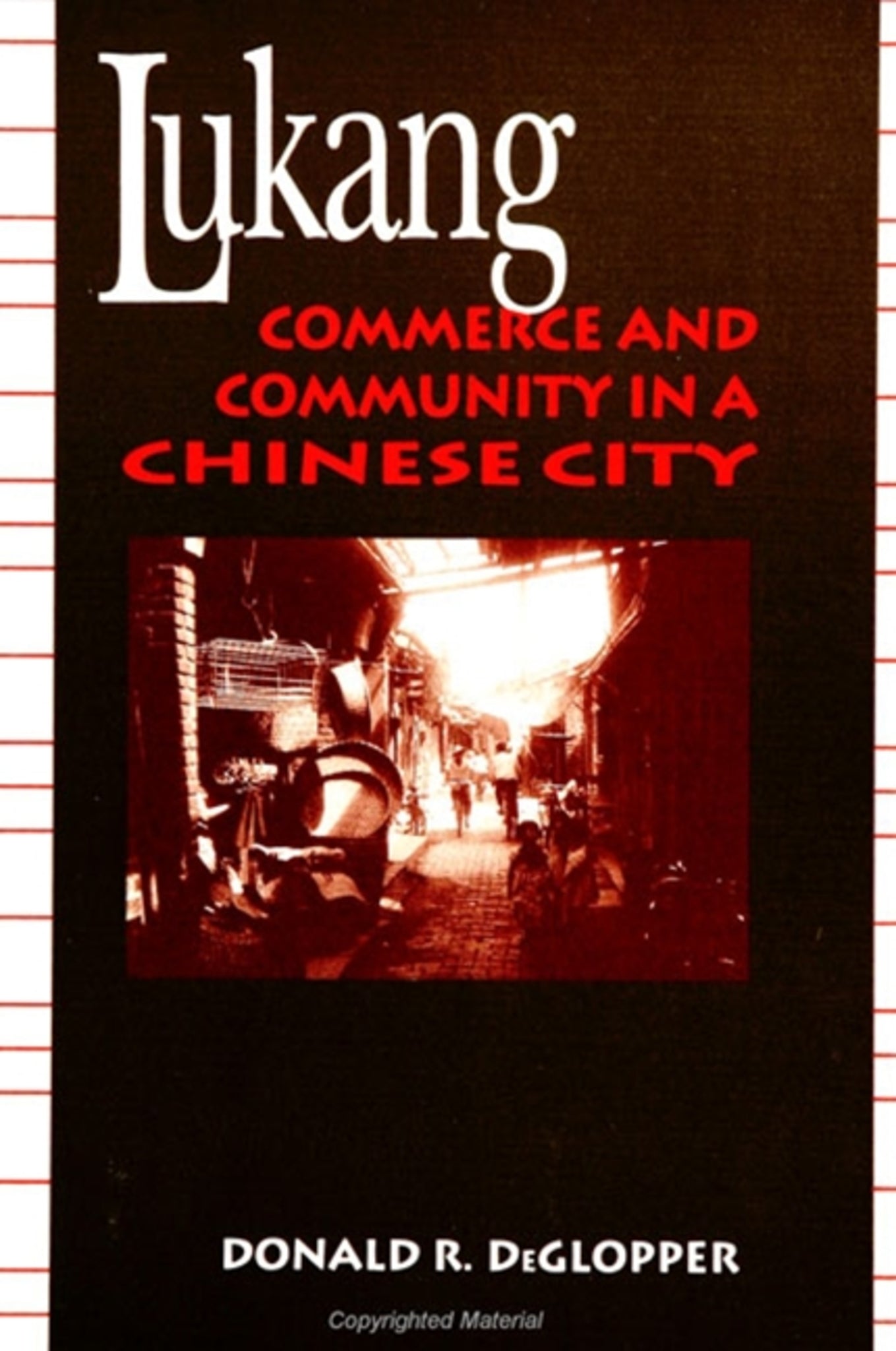We're sorry. An error has occurred
Please cancel or retry.
Lukang

Some error occured while loading the Quick View. Please close the Quick View and try reloading the page.
Couldn't load pickup availability
- Format:
-
12 October 1995

An anthropological study of the social organization and local history in Lukang, a city in Taiwan.
Based on anthropological fieldwork in Lukang, an old seaport in Taiwan, this book examines the city's history, economic structure, and social organization. It addresses such matters as an annual rock fight between the city's major clans, the way votes are bought in local elections, and why the inhabitants of a fairly large industrial and commercial city describe it as a cozy community where everyone knows everyone else. The book uses the framework of a community study to address such large questions as the adequacy of Confucianism as model for Chinese society, the nature of Chinese social organization beyond the realm of the family and kinship, and the structure of Chinese cities rather than villages. The argument of the book is propelled by a set of intellectual puzzles concerning the disjunctions, if not contradictions, between the structure of Chinese society or the city of Lukang and the ways the members of that society talk about their society and their own places in it.


"The book is written in a clean, clear style with a wit rare in anthropology. It is attractive as such classics as Ruth Benedict's Patterns of Culture and Raymond Firth's We, the Tikopia. It is important as one of the few (and certainly the very best) account of the social structure of the petty capitalists that were the motor of Chinese economy." — Arthur P. Wolf, Stanford University
Preface
Glossary
Introduction
1. Some Chinese Puzzles
2. In the Shadow Zone: Chinese Personal Relations, Associations, and Cities
3. The City of Lukang
4. Lukang in Space and Time
5. Politics at Lukang
6. Social Structure in Old Lukang
7. Images of Community
8. Personal Networks and Ch'ing-based Groups
9. Using the Model
10. Varieties of Conscious Models
Bibliography
Name Index
Subject Index



